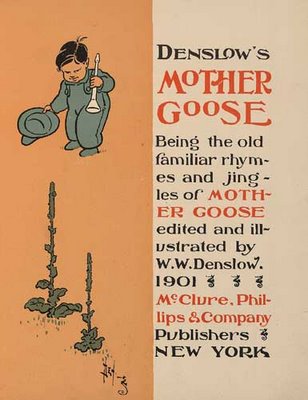What do you do when you're suddenly passionately captivated by something -- say, the cartoons of the Teenie Weenies newspaper comics by William Donahey from your childhood that you've just discovered in a children's book by accident, or the stories of Victorian lady travellers or Mongolian movies or an amazing statement by someone that blows your hair back-- and you know perfectly well you won't stick with this subject very long before something else catches your eye and you become passionately captivated by that?
One solution is the Scanner's Daybook (also known as the daVinci notebook) but for the most part, I designed that for ideas, to be used like the tablecloth in a restaurant you write on when you've suddenly gotten this great idea and you're explaining it to a friend. The Daybook catches ideas that you might never follow up on, just so you'll realize how wonderful they are instead of being almost ashamed of them because you know you probably won't follow through on them.
But where does a Scanner play?
Why do I need a place to do this? For one thing, it feels unfinished to just see something and that's that. I can't keep all the books open and nearby, but I fear if I put them away I'll forget all about them.
But the real reason is that a blog allows me to play with them for a little while, to do something with my enthusiasm. In fact, to be honest, it gives me the *right* to do something so frivolous, puts it on a list of things I have to do: before I put it away I have to write about it on my Scanner's blog. I can't explain why that's so wonderful, but I can tell you that a Scanner rarely gets to talk about the things that currently fascinate her or him. If you try, chances are you'll bore your audience, even if they're Scanners themselves! It's a very uncomfortable feeling to sense that something you find to be of such delightful value looks like absolutely nothing to someone you're trying to tell about it. And it leaves the impulse to show and tell hanging there, truncated, unfinished.
So, this blog is where I get to talk about my 'hit-and-run obssessions' (I'll look up the name of the very clever scientist who coined this phrase next time), and have the best time, and never worry about whether they bore anyone or not. Here I can rave without explaining, quote to my heart's content, and not worry about hogging all the attention.
Next post: What's got my attention this morning.

